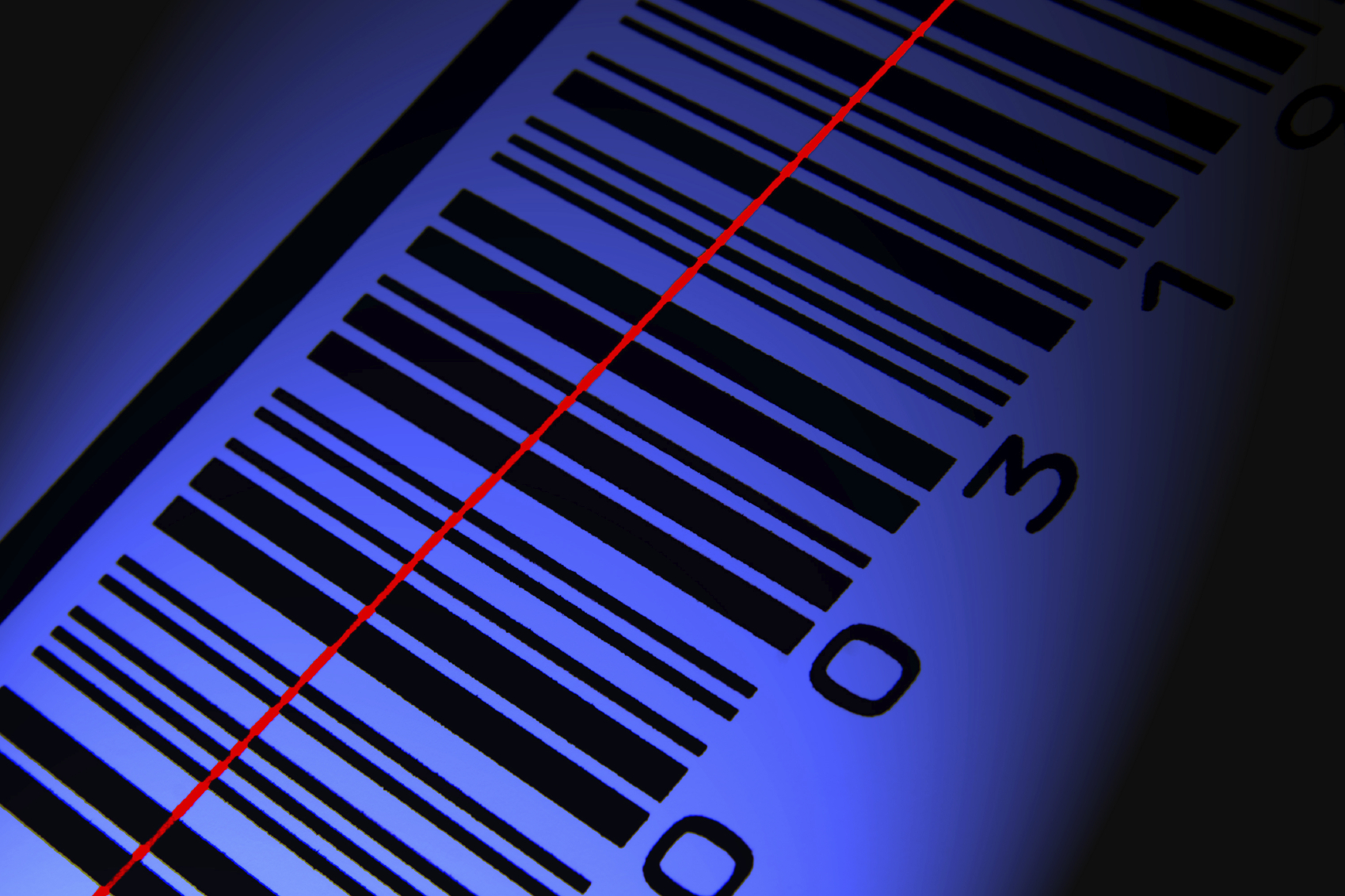Happy 40th Anniversary to the Bar Code!

Baylor professor, operations and supply chain management expert discusses impact of automated ID data collection methods
WACO, Texas (June 24, 2014) – Forty years ago this week, a bar code was used for the first time in a retail transaction.
The purchase? A pack of gum.
“The bar code actually cost more than the gum,” said Pedro Reyes, Ph.D., associate professor of operations and supply chain management in Baylor University’s Hankamer School of Business and director of the Center for Excellence in Supply Chain Management.
Reyes is an expert in the use of automated identification data collection methods, specifically radio frequency identification (RFID). In 2011, he published the book, “RFID in the Supply Chain.”
So just what kind of information is stored in that series of lines found on every loaf of bread, every pair of socks and on hospital wristbands?
“Pretty much anything that is desired. Anything from just numbers to embedding images can be achieved,” Reyes said, adding that bar codes are used in everything from point-of-sale transactions to inventory management and packaging systems.
“Some bar codes are used like the license plate on a car, as a way to get more information from a database. Others contain all of the required information directly in the bar code – like the bar code on an airlines boarding pass,” he said.
Automated identification data collection methods like bar codes and the increasingly popular RFID continue to take business and customer-service operations to new levels. The technology has led to lower labor costs, time-saving efficiency and substantial increases in accuracy of inventory reports, Reyes said.
The technology has evolved from using bar codes to scan grocery items one by one in the check-out line to using RFID in “smart” refrigerators to manage hospital blood supplies and developing cashless systems at water parks.
“All of the payment information is stored on the bracelet you received when you walked in the gate. No more dealing with wet money when you’re at a water park,” Reyes said.
Most of the RFID implementations have been in service operations like health care, libraries, airports and hotels/resorts, Reyes said. A number of sporting venues have also adopted the technology.
“RFID is helping to improve customer service,” Reyes said. He mentioned examples of purchasing items via a smartphone, not having to wait in venue lines because ticket information is stored on a bracelet, or managing traffic flow.
“RFID in the supply chain provides many opportunities for improving supply chain operations,” Reyes said. “Visibility of inventory throughout the channel is improved and processes are performed faster. Thus, there’s great potential for lead time reduction and reduction in uncertainty.”
ABOUT BAYLOR
Baylor University is a private Christian university and a nationally ranked research institution, characterized as having “high research activity” by the Carnegie Foundation for the Advancement of Teaching. The university provides a vibrant campus community for approximately 15,000 students by blending interdisciplinary research with an international reputation for educational excellence and a faculty commitment to teaching and scholarship. Chartered in 1845 by the Republic of Texas through the efforts of Baptist pioneers, Baylor is the oldest continually operating university in Texas. Located in Waco, Baylor welcomes students from all 50 states and more than 80 countries to study a broad range of degrees among its 11 nationally recognized academic divisions. Baylor sponsors 19 varsity athletic teams and is a founding member of the Big 12 Conference.
ABOUT HANKAMER SCHOOL OF BUSINESS
Baylor University’s Hankamer School of Business provides a rigorous academic experience, consisting of classroom and hands-on learning, guided by Christian commitment and a global perspective. Recognized nationally for several programs, including Entrepreneurship and Accounting, the school offers 24 undergraduate and 13 graduate areas of study. Visit www.baylor.edu/business and follow the Hankamer School of Business on Twitter Twitter